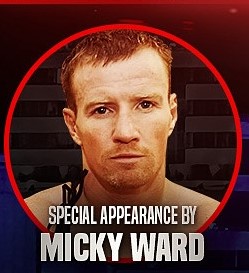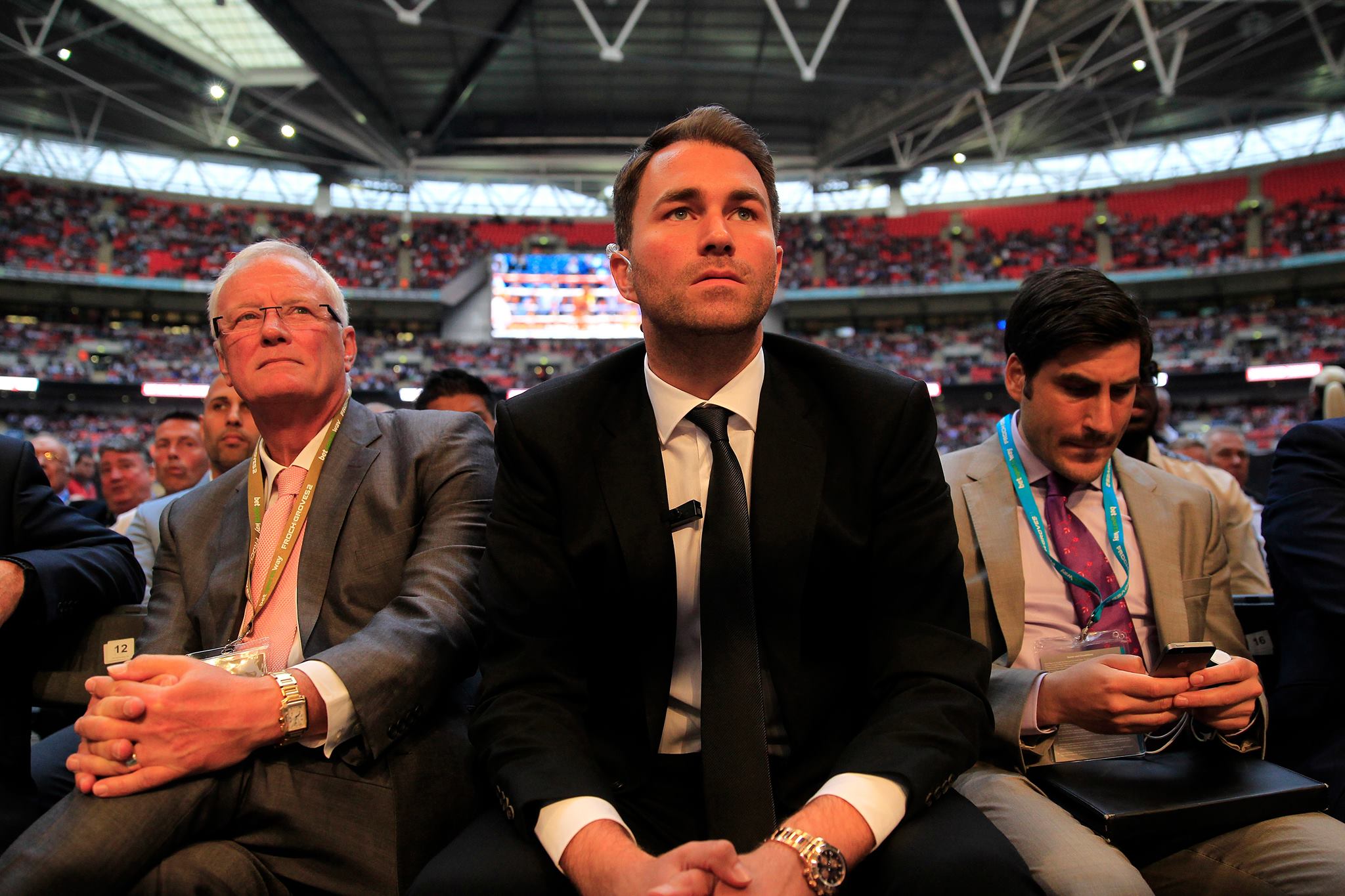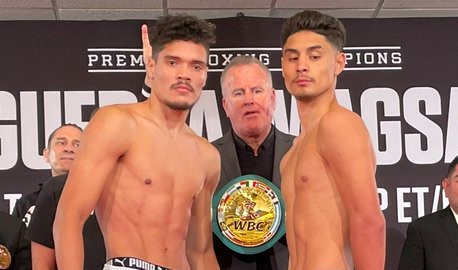Boxing is, indeed, a high energy aerobic sport, and competitive cyclists do, indeed burn up the calories. When training and sparring, boxers can require 5,000 or 6,000 calories a day or more. Sometimes they have trouble getting enough calories—that’s why they tend to be wiry and skinny.
There’s more to it than just eating enormous amounts of food. Like other athletes, cyclists need the right kinds of calories, and they need to eat them at the right times.
Like other athletes, fighters need to get most of their calories from energy-supplying complex carbohydrates. Adequate amounts of protein and healthy fats are important, but cyclists need to get 60-70% of their calories from carbohydrates. We’re not talking M&M’s either; cyclists need good quality, low-glycemic, complex carbohydrates. That means plenty of whole grains, legumes, fruits and vegetables.
The timing of meals and snacks is also important. All those carbohydrates are used for energy. Some is used immediately, especially simple carbohydrates like sugar. Some is stored in the liver and muscles as glycogen, and this is what cyclists try to maximize. That glycogen in the muscles is what supplies the energy for riding up hill and down hill and on the flat. When the glycogen stores are depleted, the muscles just can’t work as hard; they become fatigued and feel weak—and the cyclist experiences the “bonk.” The remaining carbs are stored as fat; fat stores are intended to see us through periods of famine. We can’t release those energy stores quickly enough for them to be much help on a bike ride. Immediately after a bike ride, when glycogen stores are at their lowest, your body will convert carbs to glycogen more quickly and efficiently than normal.
With all that said, here are some recommendations for the timing of meals when you are training
• Eat a well-balanced diet with plenty of complex carbohydrates, adequate amounts of protein, and adequate amounts of the right kinds of fats (monosaturated and omega 3 fats) all of the time.
• For several days before a long ride or race, increase your carbohydrate intake to around 600 grams per day.
• Carbo load (eat extra complex carbohydrates) the night before an event.
• That morning, eat a high carb breakfast with a moderate amount of protein and drink lots of water.
• If this is a competitive event, you might want to eat an energy bar or something right before the event.
• Drink throughout the event. You’ll need at least 8 ounces of water an hour.
• Eat a high carb meal within an hour or two after finishing sparring and continue to drink water.
• Eat extra carbs for the next couple of days, and then resume your normal diet.
This regimen will help prevent the bonk and maintain your energy during longer rides and races.


















Join
09/11/2023 at 12:39 am
Join for free